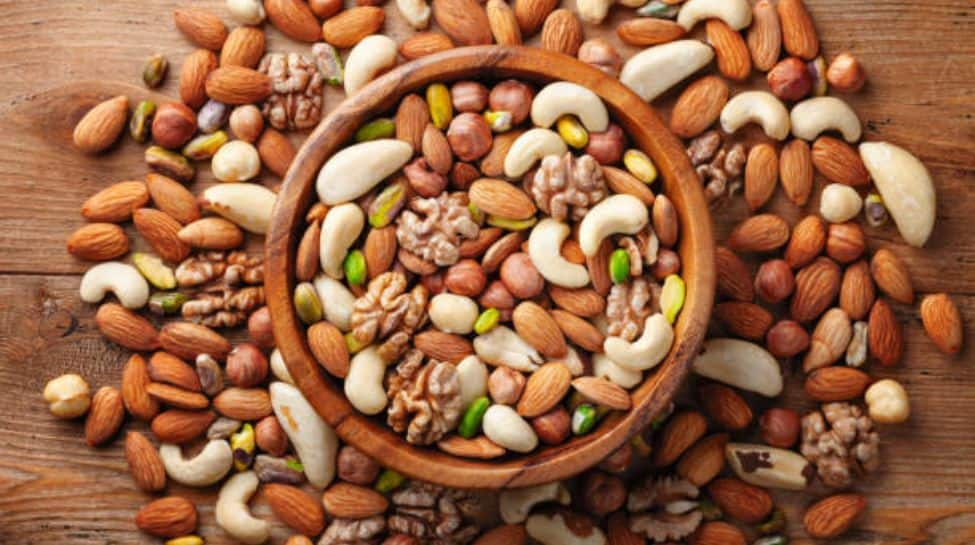News broke last week that in the latest editions of “Charlie and the Chocolate Factory,” “Matilda” and other Dahl classics, hundreds of changes have reportedly been made to align his language with modern standards of inclusion, diversity and accessibility.
After a week of international uproar about these “fixes,” Dahl’s publisher is now hoping to change the narrative again. On Friday, Puffin U.K. announced it would release the original texts of Dahl’s stories as a separate “Classic Collection,” alongside the newly updated editions. A spokesperson for the publisher said that by making both versions available, “we are offering readers the choice to decide how they experience Roald Dahl’s magical, marvellous stories.”
That’s a curious, complicated compromise that is unlikely to quell this debate.
Even if the original editions remain in print, these new, sensitive versions are an affront to many people who believe, rightly, that authors’ works should be preserved as they were left.
Examples of these “fixes” present a Who’s Who of contemporary sensitivities along with a lot of gratuitous fiddling. In “Charlie and the Chocolate Factory,” for instance, Augustus Gloop is no longer “fat”; he’s “enormous.” And the Oompa Loompas aren’t “small men”; they’re “small people.” While Matilda once went to India with Rudyard Kipling, now she travels to California with John Steinbeck. In “Fantastic Mr. Fox,” even the chickens’ feelings have been spared; they’re no longer called “stupid.” Children who once read about the wig-wearing bald women in “The Witches” are now told, “There are plenty of other reasons why women might wear wigs and there is certainly nothing wrong with that.”
But there is certainly a lot wrong with this. We have sailed far, far beyond changing the n-word in “Huckleberry Finn.”
Salman Rushdie, who knows better than any living author about the pressure to accommodate censors’ demands, tweeted, “Roald Dahl was no angel but this is absurd censorship. Puffin Books and the Dahl estate should be ashamed.”
“Rewriting novels — like efforts to rewrite history — has origins in authoritarian playbooks,” PEN America chief executive Suzanne Nossel said in a statement. “We need to learn from the perspective of the past, not eliminate viewpoints we no longer accept.”
Literary integrity, liberal values and financial profit are tightly woven through this debate. Now that copyright law extends protection practically to the end of time, popular creative works can become invaluable corporate properties that need to be aggressively managed to maintain their currency. And so, just as Aunt Jemima’s pancake syrup must lose its racist icon, Dr. Seuss books must lose their offensive illustrations.
This is not necessarily a bad thing. Yes, Dahl’s publisher seems to have attacked his books with the fierceness of Veruca Salt and made a mockery of the duty to preserve his work. But when it comes to children’s literature, judicious alterations can be salutary and help keep books in print that would otherwise fall out of favor.
I’m deeply sympathetic to the concerns that Rushdie and PEN America raise. The absolutist position against tinkering with dead authors’ works is generally the best one. And right-wing efforts to ban swaths of stories about Black Americans and LGBTQ people make all efforts to “fix” literature sound sinister.
But when my elder daughter, who has cerebral palsy, was little, I wouldn’t have read a children’s book to her that included, say, gags about people with mental and physical disabilities. It’s all well and good for PEN America to recommend that “editors and publishers offer context in a preface or introduction that prepares modern readers for the material to help them understand the setting in which the original words were written,” but such advice feels wholly irrelevant to the actual experience of reading with my own innocent child.
And remember that Dahl himself later changed the original Oompa Loompas from Black pygmies to people with “rosy-white” skin. Over time, as other racist, sexist and ableist elements in beloved stories grow more fetid and indefensible, who’s to say those shouldn’t also be adjusted for children?
But move sparingly, even reluctantly, not as a social warrior out to purify the world but as a cautious editor working under the burden of a Hippocratic oath to do no harm.
A note to our readers
We are a participant in the Amazon Services LLC Associates Program,
an affiliate advertising program designed to provide a means for us to earn fees by linking
to Amazon.com and affiliated sites.











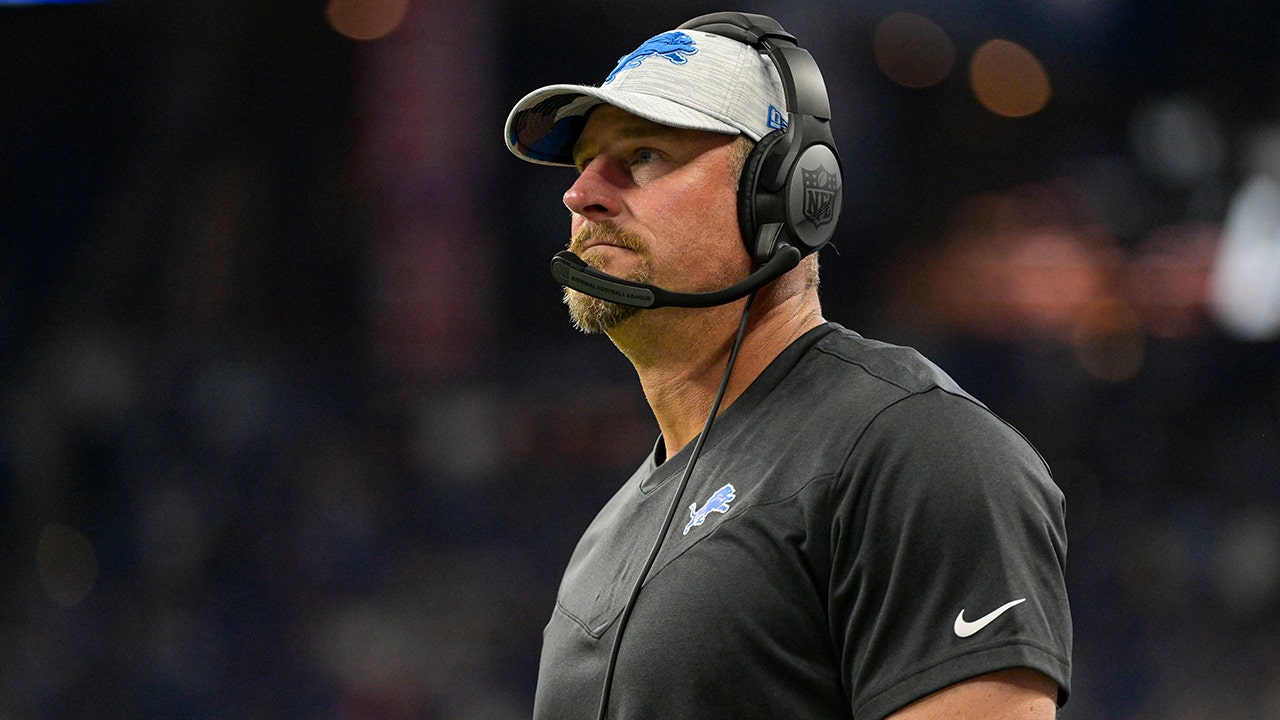
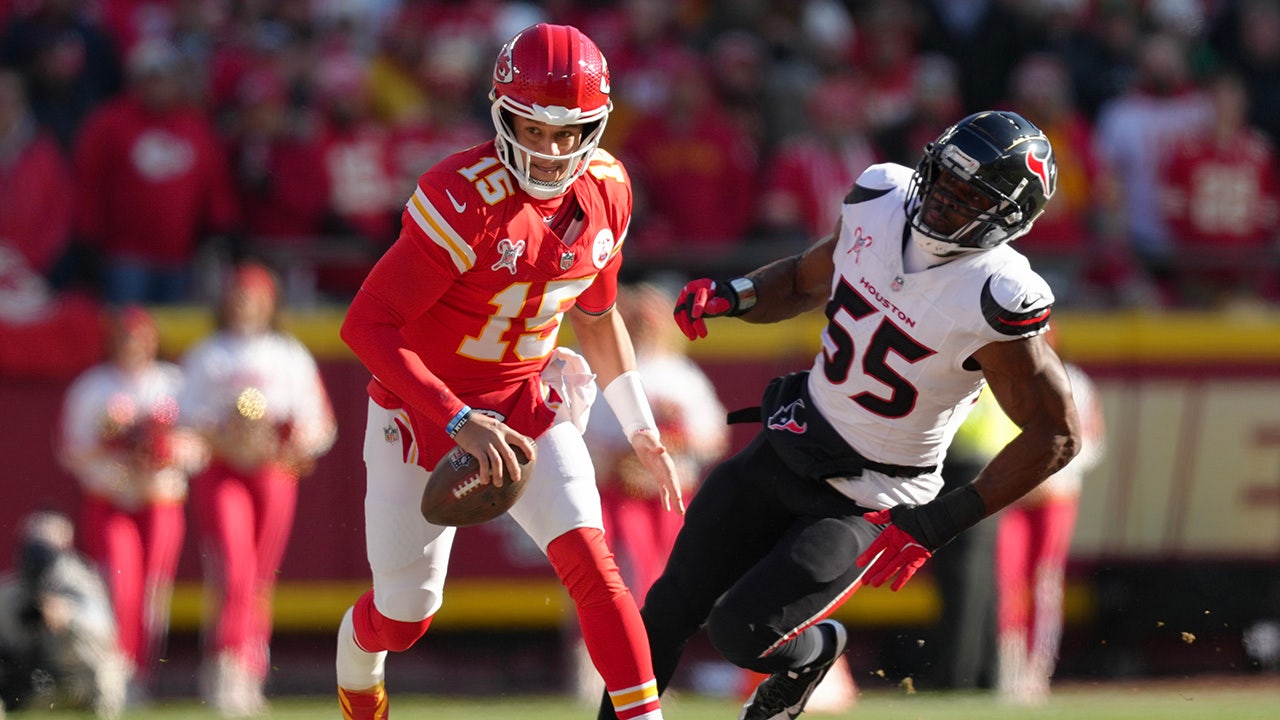
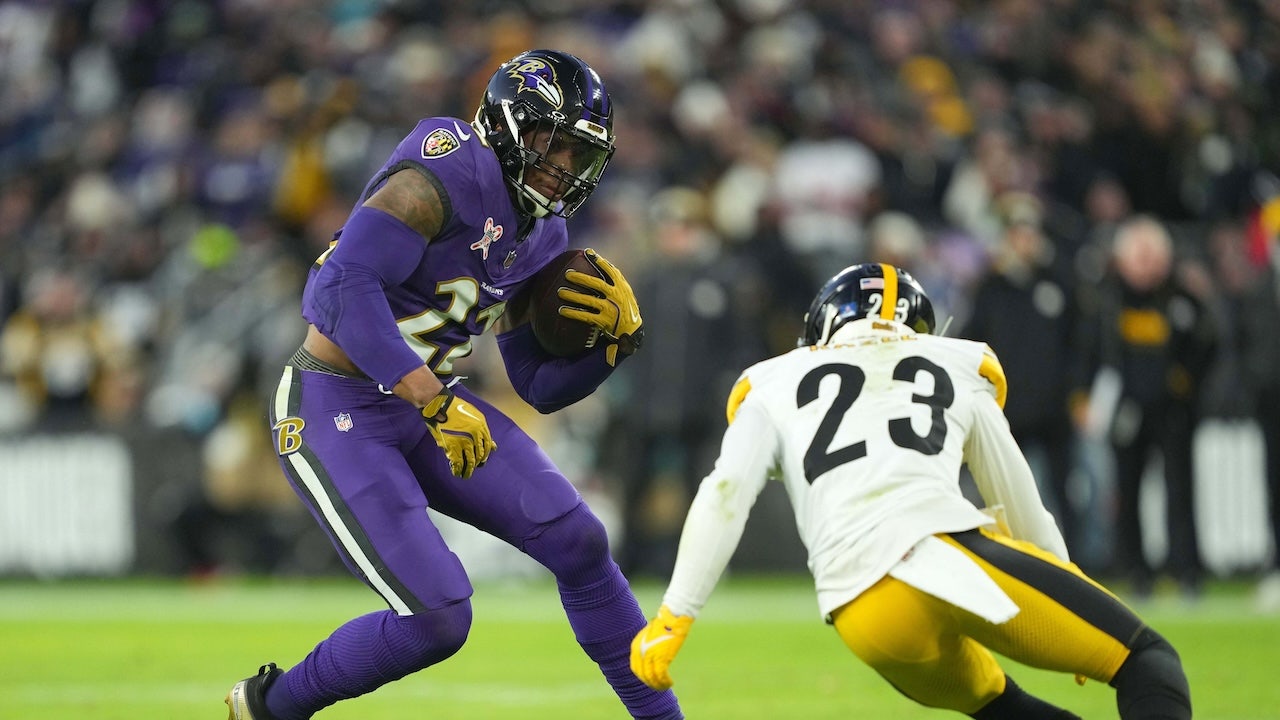
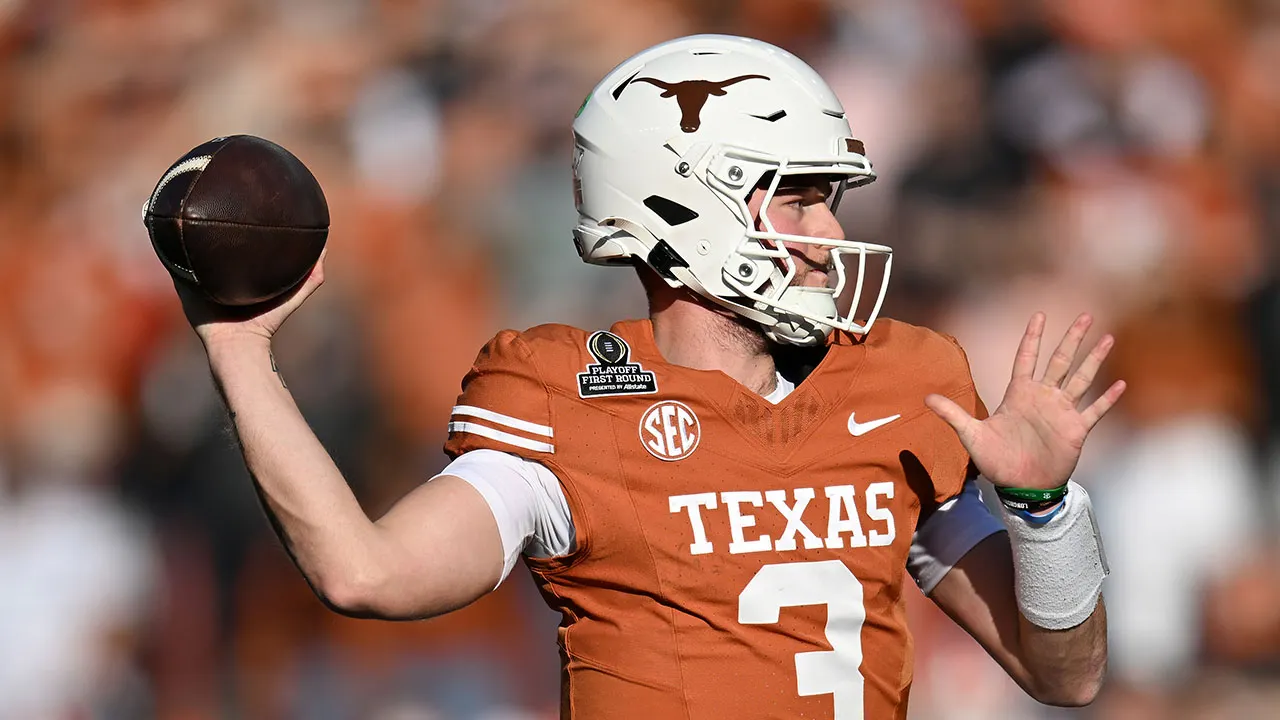










1729582237-0/Untitled-design-(7)1729582237-0.jpg)
